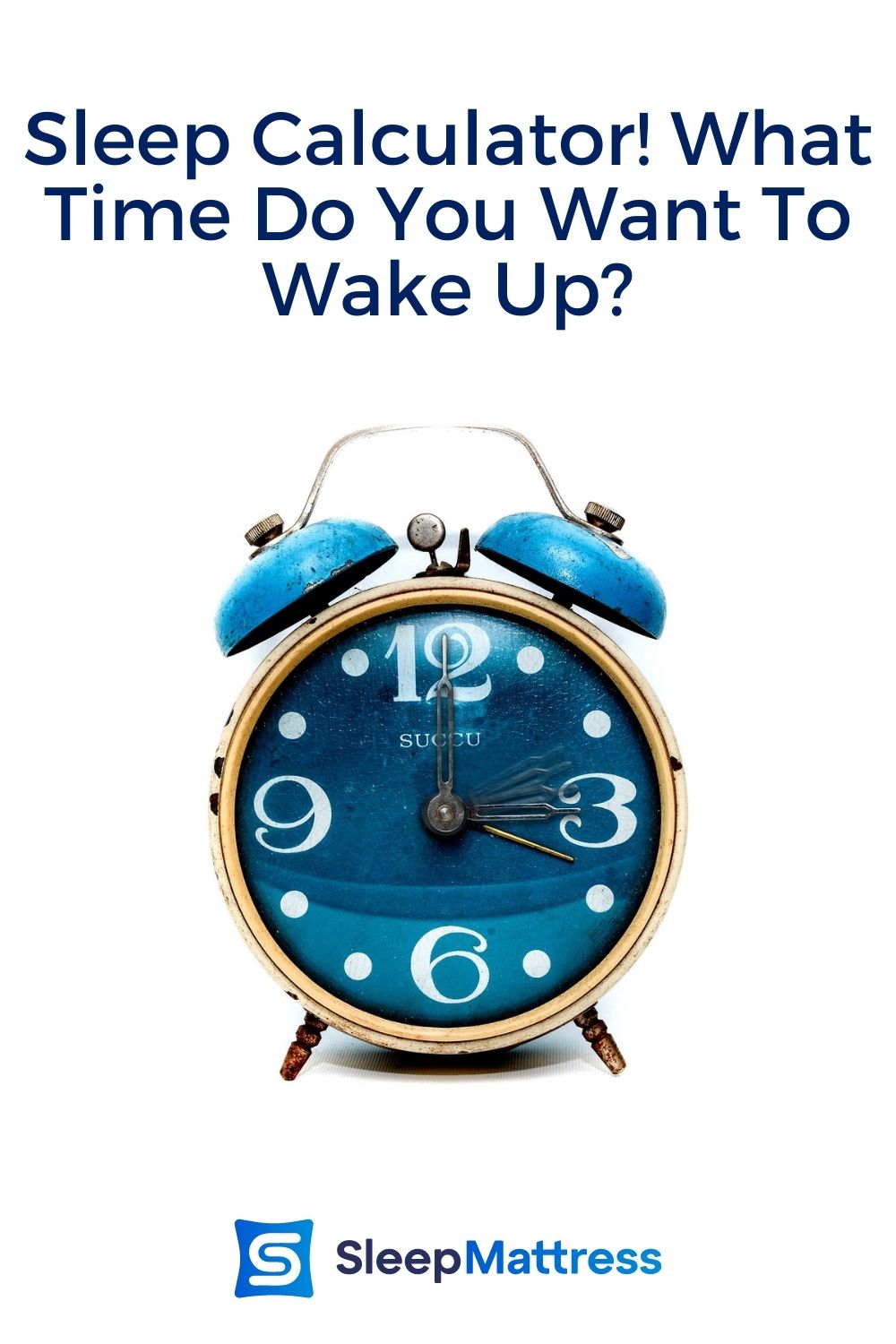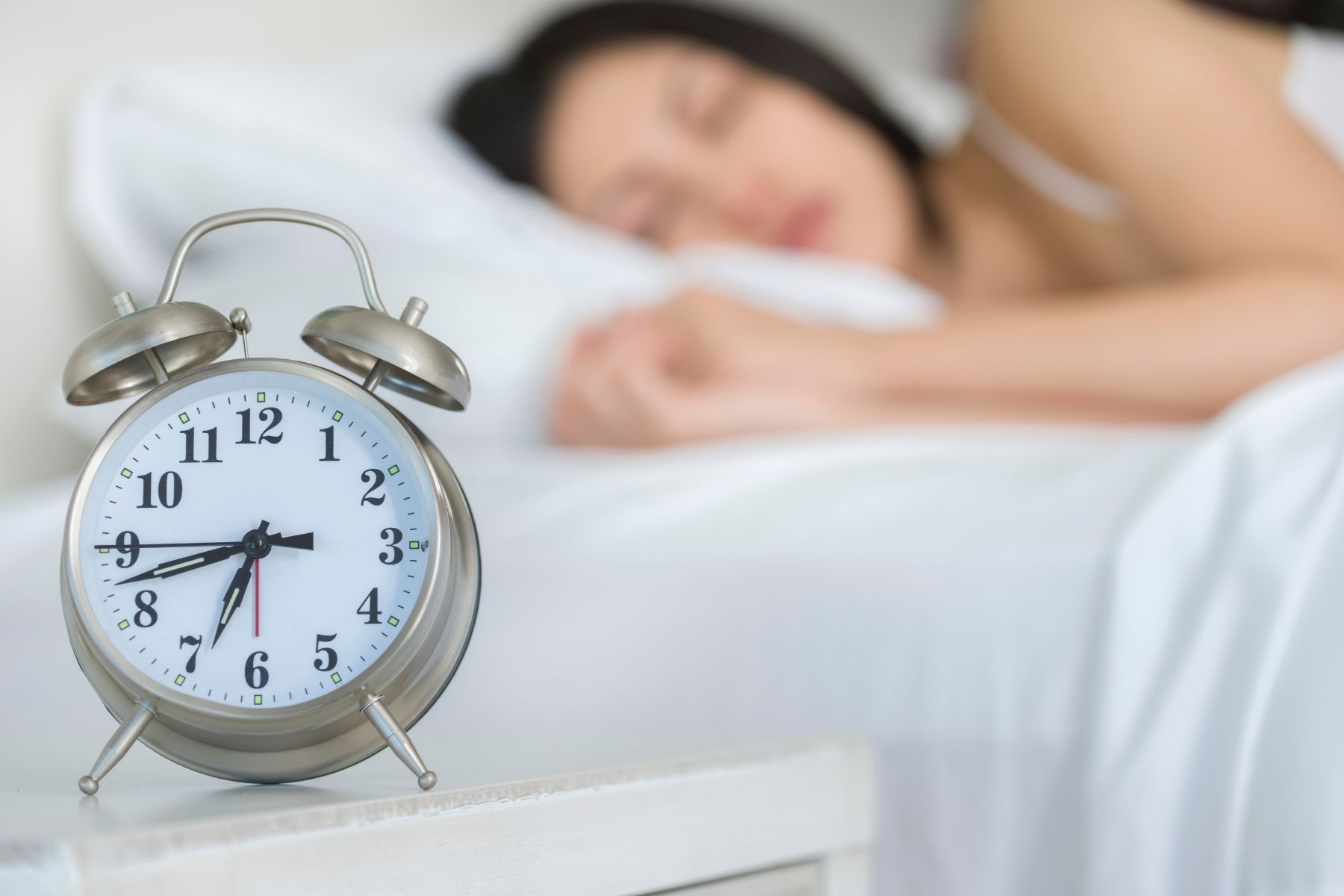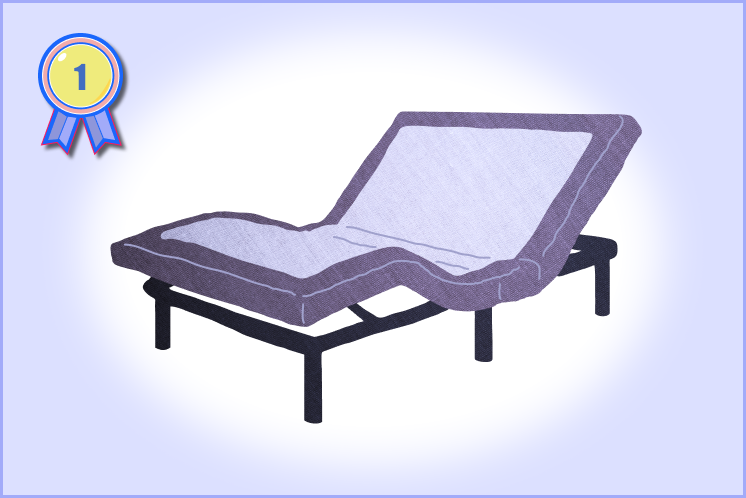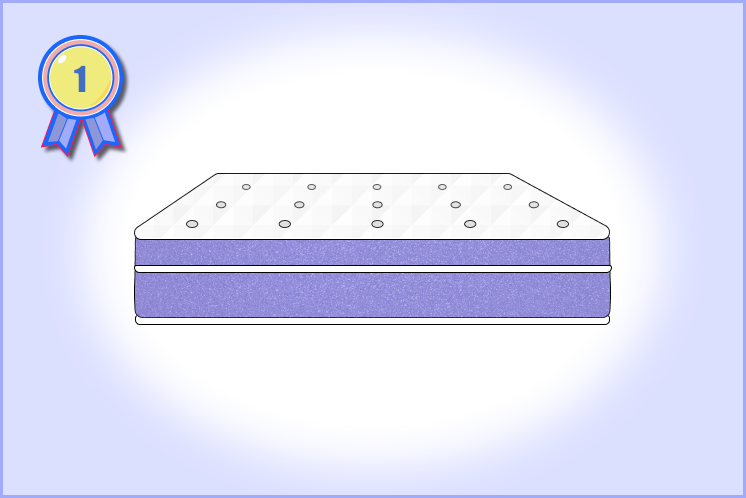Written by
Pavel Ufimtsev
Sleep Researcher Writer
Reviewed by
Pavel Ufimtsev
Sleep Science Coach
Figuring out how much sleep you need actually takes a lot of consideration. The first step is to consider your age.
Putting a sleep calculator to work also means studying just how active you are and whether or not you’re pregnant.
Infants need more sleep than anyone, and growing children require quite a lot of sleep as well.
Adolescents need more than the average of 8 hours.
Older adults may spend as much time in bed as they once did but their quality of sleep is often less effective, so a nap for a retired person may be a necessity.
The main step in finding out if you’re getting enough sleep is to ask yourself if you’re tired.

How Much Sleep Do I Need?
Your body and brain are actually quite busy while you sleep. For growing children, the body is putting nutrients ingested to work building bones, connective tissues, and muscles. Until a child is age 6 and above, at least 12 hours of sleep a day is a good idea. If you need to get your child up and moving at 7 a.m., a 7 p.m. bedtime may be necessary.
Younger children can require up to 17 hours a day within the first three months of their life. If you are concerned that a child is sleeping too much, discuss your worries with your pediatrician. As your children get older, they may need less sleep through adolescents, though 9 hours a day is a health target for teens.
From infancy to adulthood, we need
- up to 17 hours a day in the first three months of life
- up to 15 hours a day until our first birthday
- up to 14 hours a day until the age of 3
- from 10 to 13 hours a day until we’re 5 years old
- up to 11 hours a day until we’re 13
- up to 10 hours a day in adolescents
- up to 9 hours a day as adults
- up to 8 hours a day as senior citizens
Pregnant women, particularly in the first three months of carrying a baby, should sleep whenever they’re tired.
Sleep hygiene is a critical consideration for children. Light exposure can keep the brain activity elevated as though the child is standing in bright daylight. Controlling screen time as the day winds down, dimming lights in the child’s sleeping area, and maintaining a sleep schedule is critical to an effective bedtime routine. A go-to bed meme, song, or routine can be extremely helpful.
There are several warning signs that you’re not getting enough sleep. You may be
- feeling drowsy
- relying on caffeine all day for energy. Check caffeine stats database.
- sluggish, moody, or hungry all the time
Signing up for a sleep study may be necessary. Conditions such as sleep apnea can cause long-term damage to your body and brain if not addressed quickly. Another consideration is whether or not your wake-up time is disrupting a sleep cycle. Using a sleep cycle calculator can be extremely effective. Because the sleep cycle is about 90 minutes, the question of what time should I wake up may need calculating for best results.
Why is Sleep Important?
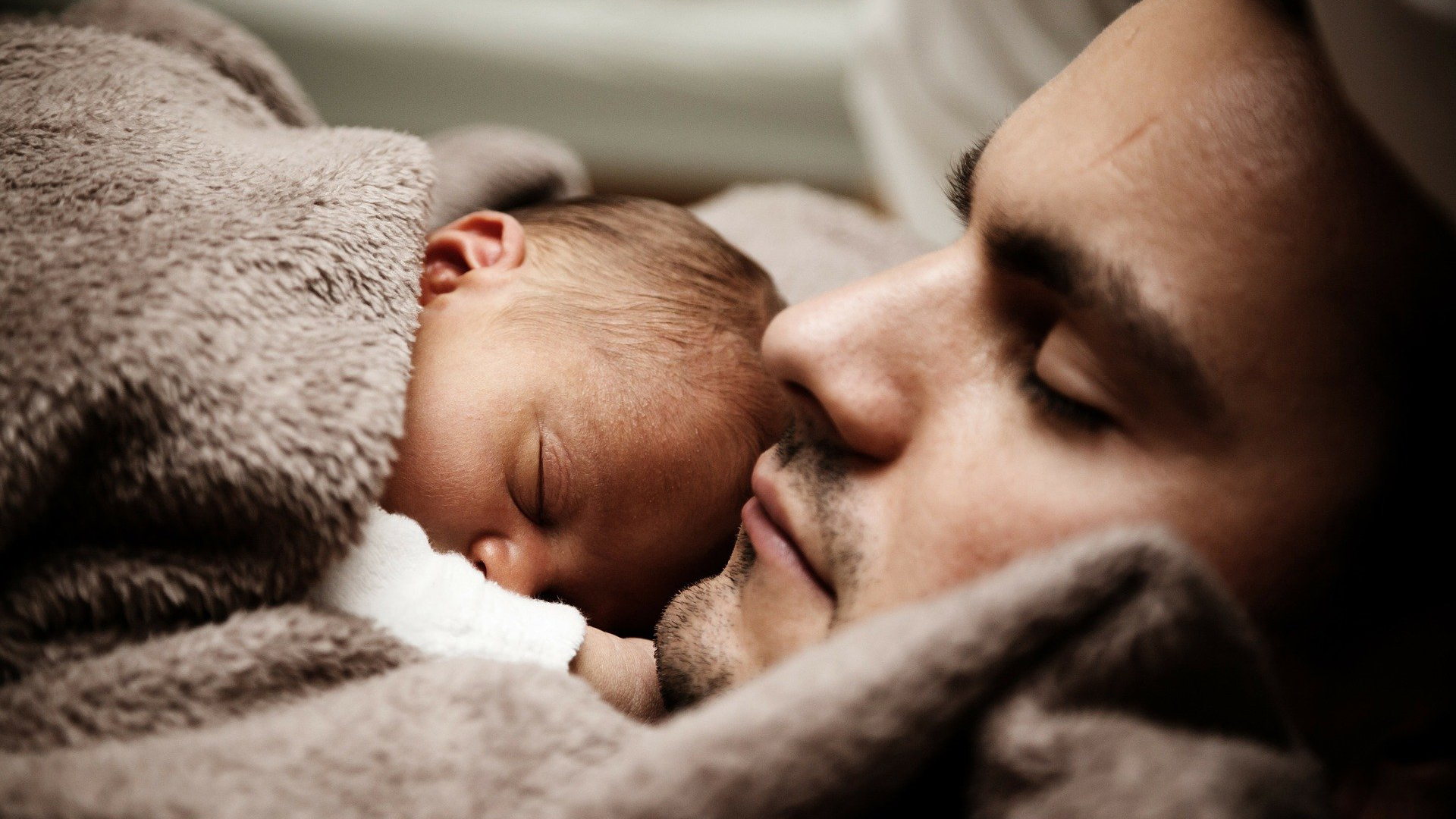
What Happens During Sleep?
In childhood, our cells are growing. Hormones are released in sleep that help us to grow taller and to develop sexually. As adults, any cell damage is done during the day, such as during a hard workout, is repaired overnight.
As we age, getting enough quality sleep is also critical for brain health. Our glymphatic system is actually busy cleansing the neuron pathways in the brain. If you don’t give your brain enough time to cleanse away the toxins that build up in these tissues, you can face neurocognitive decline over time. Getting enough sleep is critical to brain health.
Sleep Deprivation
For a day or two, sleep deprivation may just make you cranky and give you the munchies. Over time, a state of constant sleep deprivation can damage every cell in your body. As your body takes strength from the foods that you eat (or has to find a way to function on unhealthy foods) your tissues, from your brain to your toes, need the refreshing and cleansing that happens during sleep.
Those who struggle with a constant state of poor sleep may struggle with high levels of cortisol, which can cause weight gain and contribute to diabetes. Additionally, poor sleep can lead to anxiety and depression. Depression can be fatal.
It should also be said that sleep deprivation has a history as a method of torture.
Sleep Cycles and Sleep Stages

A sleep cycle lasts about 90 minutes. Your body and brain take about 15 minutes to wind down. If you find that your brain takes more than 15 minutes to wind down when you get into bed, pay special attention to your light exposure. Get out into the sun during the day. At the end of the day, put away screens at least 30 minutes before bed for adults and at least an hour for children.
Electronics have developed faster than our brains have evolved. Your body and brain want to be awake when the sun is out. Screen exposure tells your brain that it’s daylight and it should be awake. Dim the lights in your home as the day winds down. Consider turning off all electronics and functioning by candlelight, handled safely by an adult, for the last 30 minutes if insomnia is a challenge.
No matter how much electronic gear we have, sleep comes in stages throughout the night. Waking up to an alarm in the middle of one of these stages can leave you tired all day. This is one of the reasons that hitting the snooze on your alarm is such a bad habit.
The sleep stages are:
N1: After 15 minutes of winding down, this is when we drift to sleep. To effectively get into N1, you need a room that is dark and quiet. You may hear things going on around you, but your brain is moving into deeper sleep.
N2: Your body temperature drops during N2. A warm bath before bed can relax your muscles, but a hot bath is not a good idea as getting into bath that is too hot can elevate core temp and leave you feeling sweaty and agitated. A cool bedroom is crucial for a successful move into N2. You lose touch with light, noise and awareness of your surroundings in this stage.
N3: During N3, your body goes through the crucial cleansing steps necessary for best health. Hormone release occurs, your blood pressure drops and your breathing slows. If you are woken during N3, you will likely feel exhausted all day.
N4: REM or rapid eye movement occurs during N4. It’s usually about 1/4 of your sleeping cycle and the last part of the natural 90-minute progression. This is why using a sleep calculator is so important. Your brain will do better if you can structure your sleep so that you can fully complete the 90-minute cycle each time you lay down.
Tips for Better Sleep
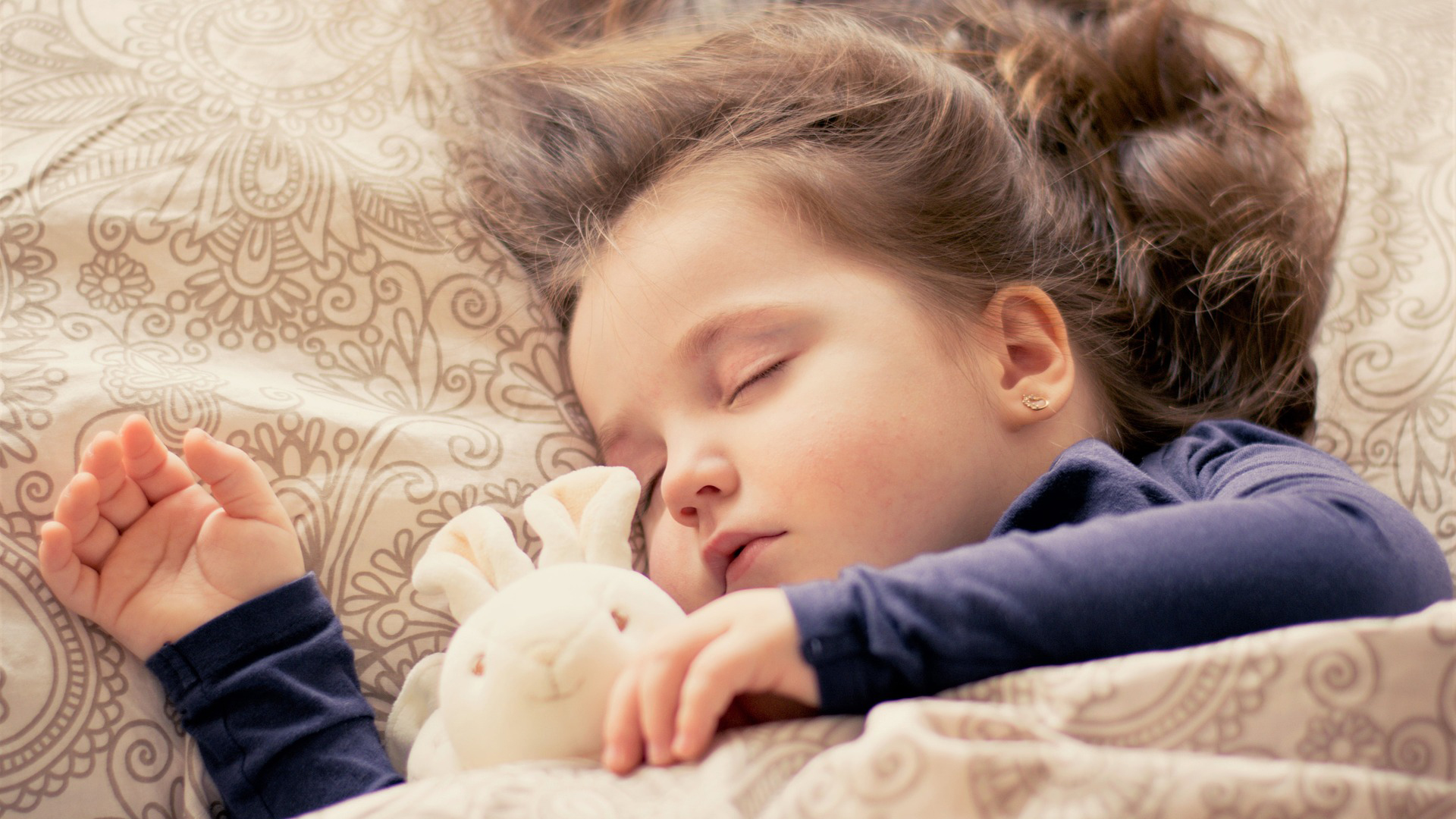
Your sleeping space needs to be cool, quiet, and dark. Your bed should be firm enough to support you but soft enough to snuggle in. Bedding needs to be warm enough to comfort your body. If your feet are always cold, a fleece cover directly against the skin can help. If you’re a hot sleeper, cotton bedding may provide the most comfort.
Sleeping for Parents with Babies
If you’re home with a new baby, sleep when the baby sleeps. If guests want to come and visit, they will likely offer to help. Let them. If they want to hold the baby, enjoy a little time to enjoy a shower or get some exercise. If they offer to cook and clean, put them to work. If they expect you to be an excellent host or hostess, don’t let them in.
Parents with tiny babies are facing a lot of change. It can be very unsettling. Rest when baby rests so you can be alert and aware when baby wakes. As your child gets older and you get back into your pre-baby routine, use a sleep calculator for adults to help them complete 90-minute cycles whenever possible.
Sleeping Tips for Pre-Teens
Small children will need more cycles. Keep an eye on their hand-eye coordination, mood, and tendency to rub their eyes. Naps are critical for children and anything under an hour may leave your child crankier and groggier than before.
Once your child is in school, naps will be harder to come by. If your child gets home from school exhausted, you may want to allow them a nap. However, this can make bedtime tough if they sleep for longer than one sleep cycle. You may have better luck building an afterschool habit of
- exercising in the sunshine
- homework as the sun is going down
- dinner, cleanup, and pajamas
Unless your child needs a bedtime snack, getting them in the habit of cleaning up their teeth right after dinner can make the whole bedtime routine easier. Mirror good screen behaviors for your child so their brains can wind down before bed.
Sleeping Tips for Teenagers
Teens need a great deal of deep sleep because they’re swimming through deep hormonal waters. Consider setting up a charging station far from their bedroom to avoid screen access late into the night. Again, if you can mirror this behavior for your younger child, your adolescent may be less resistant to giving up their phone in the evening.
Because adolescents are often facing really tough schedules when combining school, activities, and work, do your best to carefully police their sleeping space. Light-blocking drapes, a quiet room, and temperature-appropriate bedding are critical for adolescents.
Sleeping Tips for Adults
If you struggle to fall asleep when you first lay down or struggle to stay asleep after waking in the night, you are likely suffering from insomnia. Insomnia is debilitating and can lead to conditions including anxiety and depression. Sleep hygiene can help, as can guarding your intake.
Do you use caffeine in the afternoon? As possible, wean yourself off of this habit, especially if your caffeine is from soda. Get outside in the light or close to a window that is letting in natural light to try to perk up your brain. Move, take a short walk around the office and shake your hands out.
If you’re ingesting caffeine all day, feeling groggy, and still falling asleep within 15 minutes, it’s time to get a sleep study done as you are likely sleep-deprived.
Sleeping Tips for the Elderly
One of the challenges to quality sleep when we’re older is that we naturally spend less time in N3 or the deepest level of sleep in each cycle. As possible, take more cycles. If you need a nap, make it at least 90 minutes to protect your brain.
Sleep Calculator: How it Works

A sleep calculator breaks your sleeping time down into 90-minute cycles. It also allows 15 minutes to sink into sleep and 15 minutes to wake up.
How to Use the Calculator
Base your sleep cycle start time on the time you need to be up. Do your best to avoid getting fewer than 4 cycles, or 6 hours of sleep.
Be ready to adjust the calculator. If you are one of the lucky few who regularly gets enough sleep and falls asleep easily within 5 minutes of lying down, work that into your calculations.
The key to using a sleep calculator is to avoid being woken during N3 stage.
Do whatever it takes to break the snooze habit. When you hit snooze, your conscious mind knows that you have 10 minutes. Your sleeping brain, however, needs 90. Snoozing is a good way to set yourself up for frustration and exhaustion, as is keeping your phone within reach of your sleeping area. If your phone is your alarm clock, charge it across the room so you have to get up to turn it off. Once you’re up and moving, you’re less likely to fall back asleep.
If you only have 7 hours free to sleep, cut it back to 6 plus 30 minutes to see how you feel. If you’re still tired, push to find 7.5 hours for 5 cycles, and make sure you leave room for those 30 minutes to sink into sleep and wake slowly.
FAQ
- How much sleep do I need?
It depends on your age. For an adult, shoot for 7.5 or 9.
- How do I calculate my sleeping time?
Aim for five to six 90 minute cycles plus a 15-minute window at each end to drop off and wake up.
- Is it healthy to sleep in the morning?
As long as you get some daylight at some point, there’s nothing wrong with sleeping in the morning. It’s healthiest to sleep during the darkest hours.
- How long would it take me to fall asleep?
Generally no more than 20 minutes.
- Is 6 hours of sleep enough?
If you complete 4 cycles, that may be enough for you.
- Is 4 sleep cycles enough?
For some people, yes.
- What time should I go to bed if I wake up at 6 am?
To get 6 cycles, 8:45. For 5 cycles, 10:15.
- What time should I wake up and go to bed?
To determine how much sleep you need, try functioning without electric lights. Wind down as the day winds down, go to bed when you’re tired, and see what time you naturally wake up.
- How long is a sleep cycle?
90 minutes.
- What are sleep cycles and stages of sleep?
During a 90-minute sleep cycle, you will rotate through N1, N2, N3, and N4. N3 is the deepest level, while N4 is when you dream.
- What stage of sleep is hardest to awaken?
N3, though some who have vivid dreams can have a bad fear reaction if they wake during N4.
- How do I stop waking up tired?
Try timing with a sleep calculator for a month. If you can’t find a sleep cycle pattern that works, you may have apnea or another challenge. A sleep study may be necessary.
- Does your need for sleep change with age?
Yes, because your circadian rhythms change. You may need a nap to get in another sleep cycle to get the necessary restorative sleep.
- Why am I still tired after sleeping for 8 hours?
Because you started another cycle and didn’t get to complete it. Aim for 7.5 or 7 hours to see how you feel, and review your sleep calculator numbers to be precise.
- How does alcohol affect sleep?
Alcohol is a depressant. It will limit your ability to move into N3, the deepest and most restorative state. Your sleep calculator tracking can be knocked off track with alcohol in your system.
Ugh, More Math! Why Do I Need a Sleep Calculator?
Frankly, because it works. If you’re tired of being tired and more sleep isn’t helping, timing your falling asleep time to your waking up time to allow for 5 or 6 90 minute sleep cycles may be the ticket to feeling fully rested.
